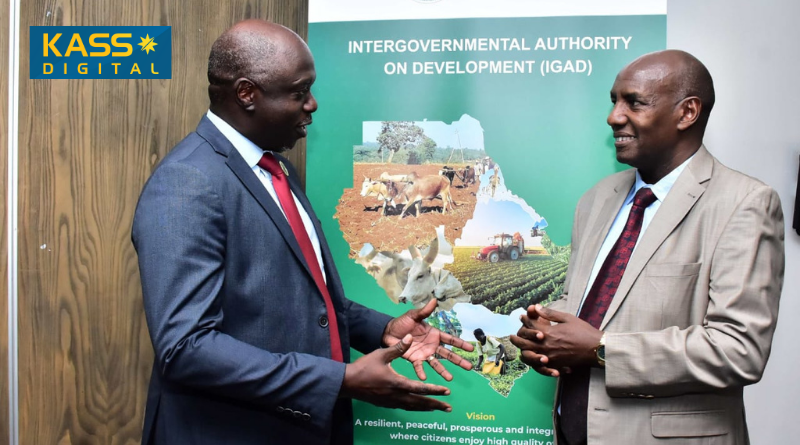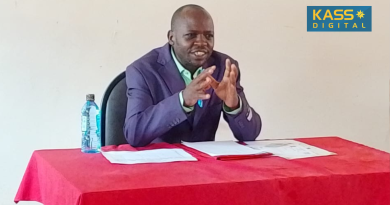42 Million in Horn of Africa Face Hunger, IGAD Warns; Kenya Among Worst-Hit
By Chemtai Kirui, NAIROBI,
At least 42 million people across the Horn of Africa are facing acute hunger this year, with about 1.8 million in northern Kenya’s arid and semi-arid counties at risk as drought and high food prices persist, a new report shows.
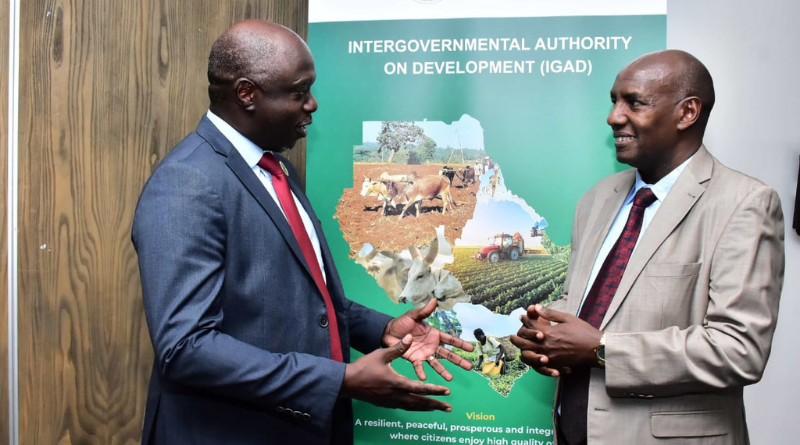
The IGAD Regional Focus of the 2025 Global Report on Food Crises, released in Nairobi on Tuesday, said the number of people facing crisis-level hunger (IPC Phase 3 or worse) has tripled in less than a decade, from 13.9 million in 2016 to nearly 42 million today.
Countries across the Horn of Africa – including Kenya, Somalia, South Sudan, Sudan, Djibouti and Uganda are all affected.
Sudan remains the epicentre with 24.6 million people going hungry, some already facing famine.
The report pointed to worsening conditions in the ASAL counties of Turkana, Marsabit, Garissa, and Mandera, where a poor October–December rainy season is forecast.
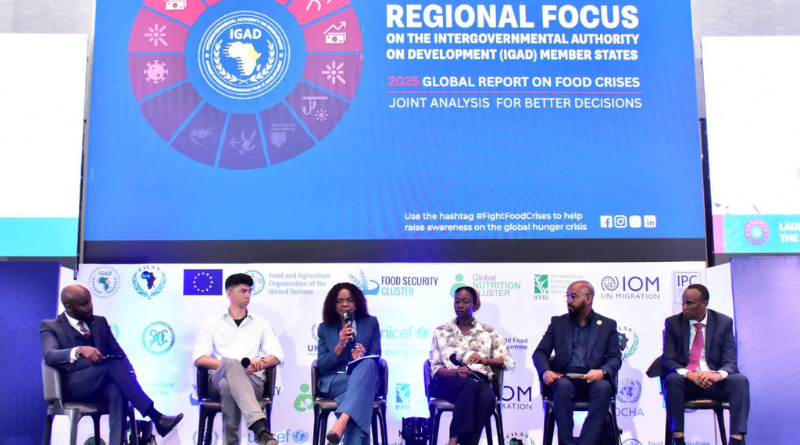
Families remain heavily reliant on food aid, with child malnutrition rates already above emergency thresholds in some areas.
“The food crisis in our region is more than just hunger; it’s a stark reminder of the interconnected challenges we face – conflict, climate change, economic shocks and displacement,” IGAD Executive Secretary Workneh Gebeyehu said.
The report estimates 11.4 million children under five across the region are acutely malnourished, including 3.1 million who need urgent treatment.
Aid agencies warned that cuts in donor funding could leave nearly one million without life-saving care.
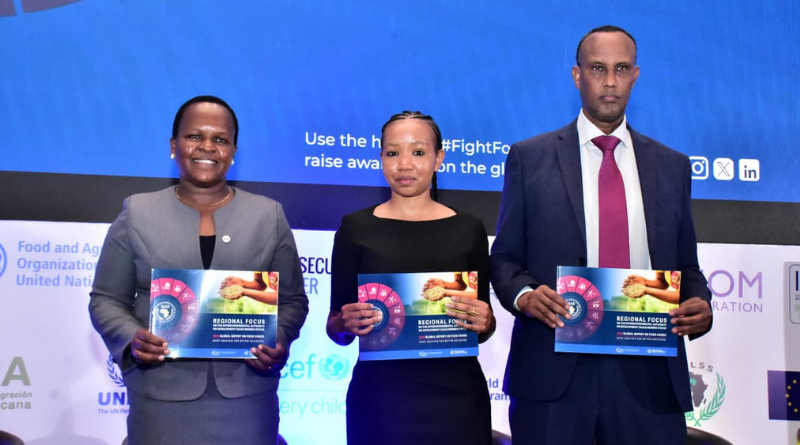
Harsama Kello, Principal Secretary in the State Department for Arid and Semi-Arid Lands, said Kenya was stepping up relief operations, but warned resources were stretched thin.
“Without sustained donor support, communities in the north could slide deeper into crisis,” he said.
Eric Perdison, World Food Programme Regional Director for Eastern and Southern Africa, said famine conditions were already unfolding in Sudan.
“Saving lives is urgent, but we must also build resilience so communities are not forced to depend on humanitarian assistance for survival,” he said.
The government has not declared famine but continues to appeal for international support to sustain relief operations in drought-hit counties.

